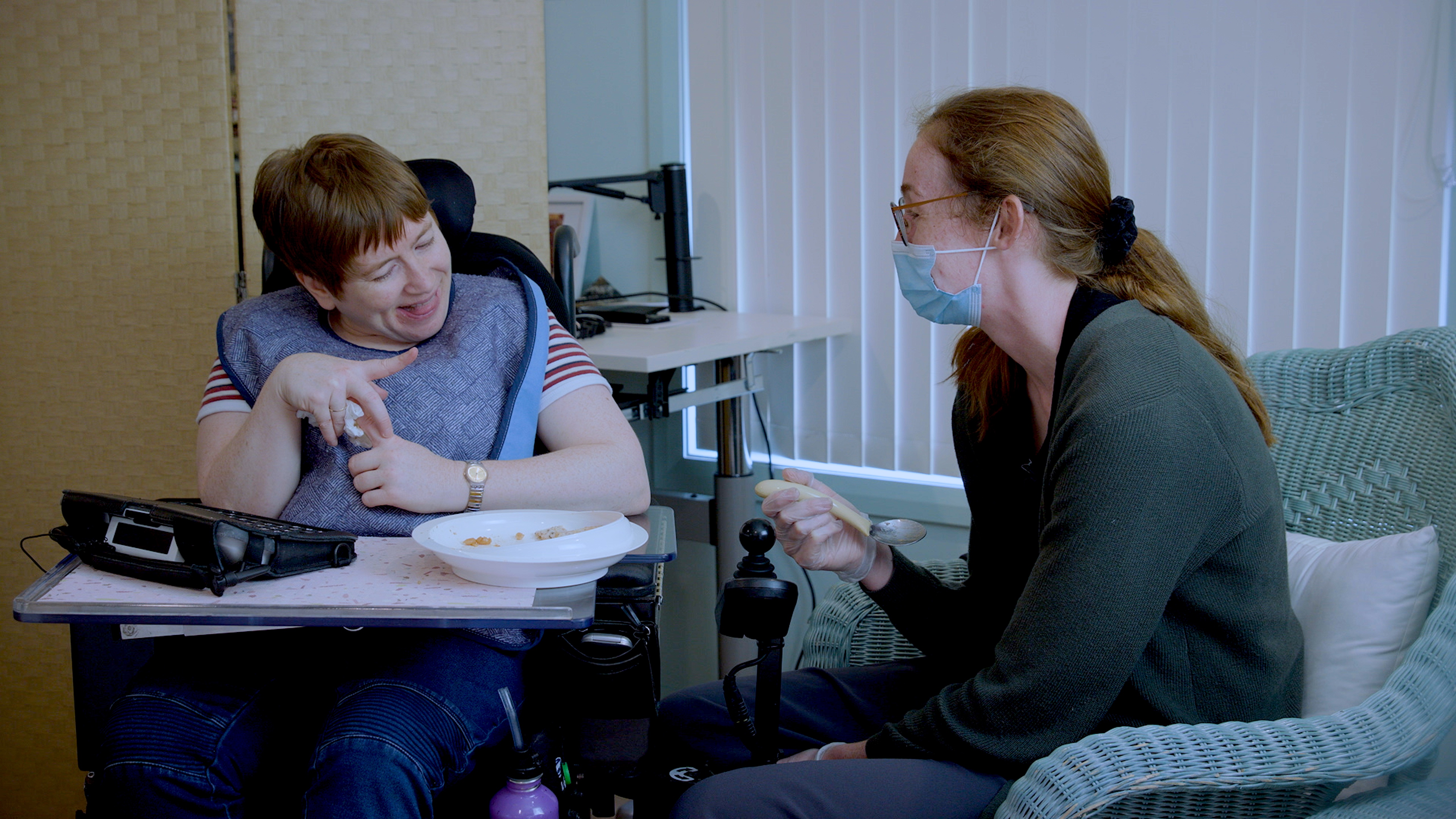This short course will run over six weeks, taking about 25 hours of your time if you complete all of the activities, including engaging in the small group work.
We’ll take you on an in-depth exploration of deliberative democracy processes, such as a mini-public, and equip you with everything you need to know to facilitate the best possible deliberative process, when addressing the most complex challenges.
1. What, when and why of deliberative processes
- Understanding the political and public trust rationale for preferring jury-style processes
- The deliberative process in practice
- Case studies of real-world deliberative processes and lessons learned
- The latest innovations in deliberative democracy from around the world
- Comparing deliberation, dialogue and debate and their purpose.
2. What to do before your deliberative process
- Understanding when deliberation is the right approach
- Identifying and formulating the challenge to be addressed - designing a clear remit
- Choosing the appropriate level of authority for your process
- Deciding how many people should participate, how often should they meet and over what timeframe
- Choosing whether to hold online, face-to-face or hybrid processes
- Engaging and communicating with citizens, stakeholders and experts beyond the mini-public
- What is the role of the facilitator, how to choose one and when to involve someone in this role
- What’s required to recruit citizens to a deliberative process?
3. Designing and delivering your deliberative process
- Become familiar with the five stages of designing a deliberative process
- Addressing group dynamics – building trust and managing conflict
- Building participants skills – recognising biases, empathic listening and critical thinking
- Designing the learning phase – interrogating information and hearing diverse perspectives
- Identifying options and recommendations – reaching consensus
- Supporting citizens to document their recommendations
- Addressing challenges for facilitators, such as independence, time management and conflict
- Encouraging ongoing feedback from participants about what’s working and what isn’t
- Discovering tools and techniques for face-to-face and online sessions.
4. Closing the loop after your deliberative process is complete
- Reporting back to participants about outcomes
- Communicating with the wider community and stakeholders
- Evaluating the process - what would you do differently next time?
Course delivery
This short course comprises online content you can access anytime to learn at your own pace, as well as interactive activities and live sessions with experts and course leaders. You will also be able to enrich your course experience by engaging in online small-group work with other course participants.














